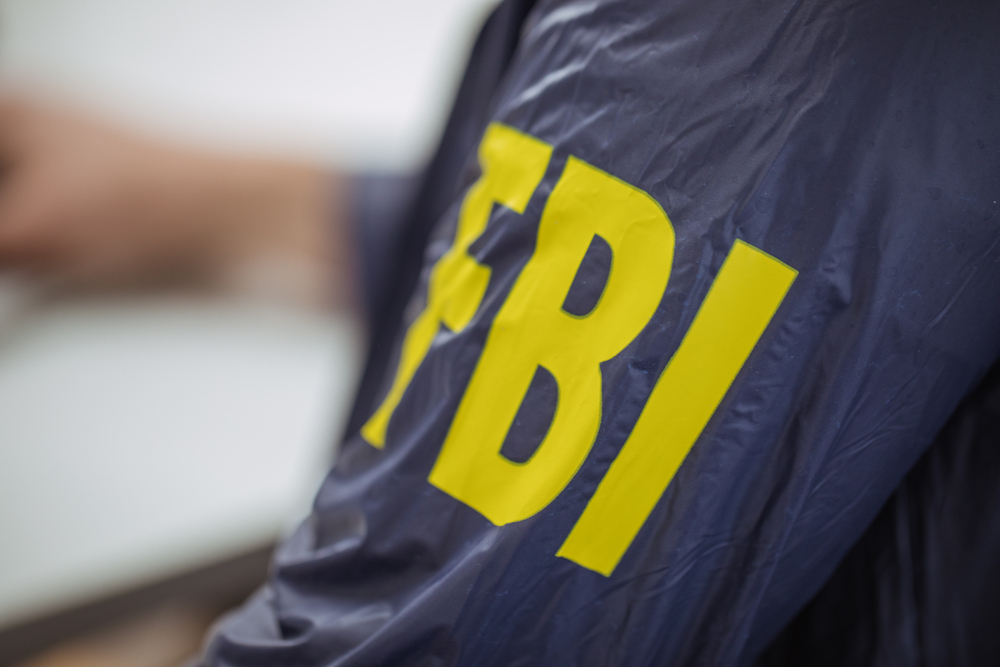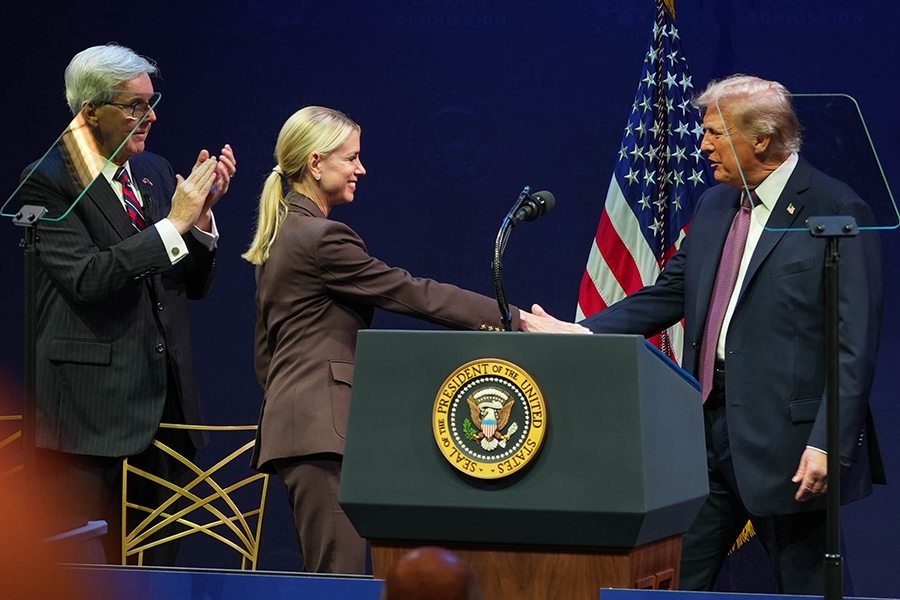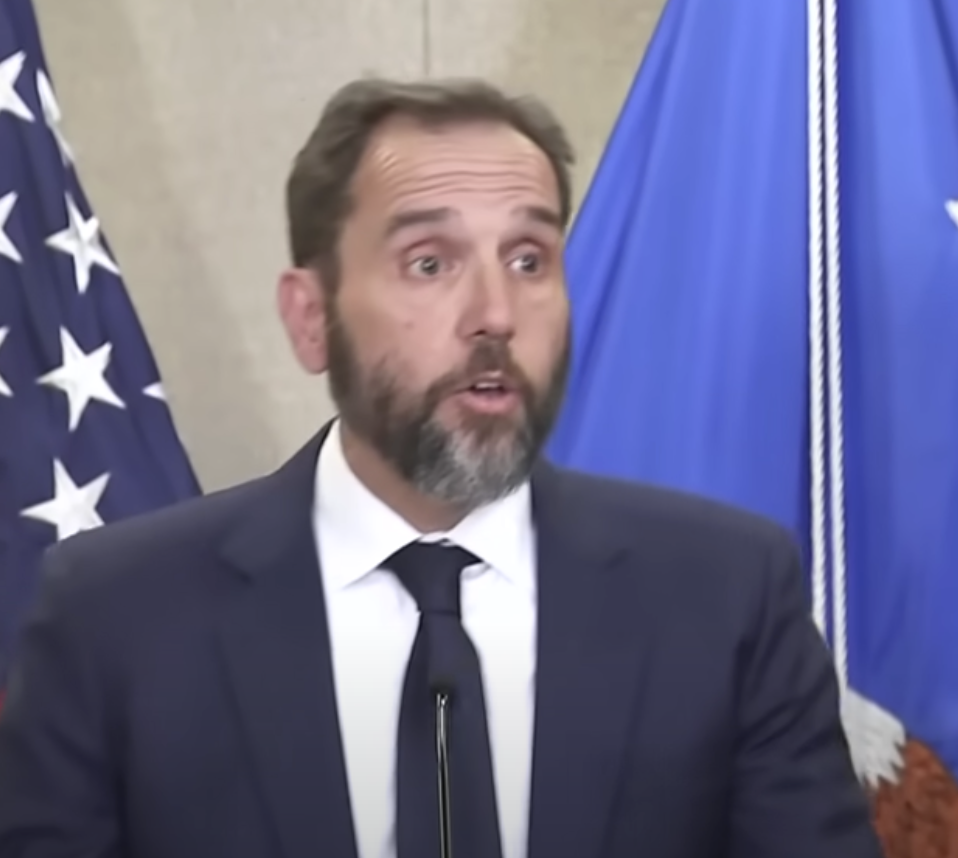Steve Neavling
The FBI’s storied fight against the Mafia in Boston has come to a quiet conclusion.
Recently, the agency disbanded its organized crime squad, reassigning agents to other priorities as the New England Mafia — a once-dominant force in the region — has diminished to near irrelevance, The Boston Globe reports.
The decision marks the end of an era for both the mafia and the FBI unit that spent decades dismantling its leadership.
At its peak, the mafia wielded immense power, controlling gambling, loansharking, and extortion rackets across New England. Federal prosecutors and agents pursued high-profile cases against its bosses and underbosses, sending waves of them to prison.
But today, the mafia is a shadow of its former self. Law enforcement officials estimate the New England Mafia now consists of about 30 “made” members — a stark decline from the hundreds who operated during its heyday. Years of aggressive federal prosecutions, combined with infighting and betrayals that shattered the mob’s code of silence, have left the organization in disarray.
“There’s just not much of anything left with traditional organized crime,” said Fred Wyshak, a former federal prosecutor who led successful cases against high-profile figures like the late Mafia boss Francis “Cadillac Frank” Salemme and South Boston crime boss James “Whitey” Bulger. “I think the leadership was destroyed and nobody really has the strength to step in and fill that void. I don’t think there’s a lot of desire to do so.”
The FBI’s decision reflects this decline. Kristen Setera, a spokesperson for the FBI, confirmed that the agency’s Boston office continues to monitor organized crime groups but adjusts its resources based on current threats. In recent decades, the FBI has shifted its focus to other pressing concerns, such as terrorism, cybersecurity, and counterintelligence.
The dismantling of the organized crime squad doesn’t mean the end of all mafia activity, but it underscores how far the organization has fallen. Once capable of ordering murders and extorting millions, the New England Mafia now struggles to maintain relevance. Many of its members, experts say, are little more than pretenders.
“It’s mostly figurehead people and wannabes … people pretending they are doing their best Sopranos act,” said Steve Johnson, a retired Massachusetts State Police detective who investigated organized crime for decades. “It’s mostly just in name. They are certainly not what they used to be.”
The decline of the mafia can be traced back to a series of landmark cases in the 1980s and 1990s, including the conviction of Boston mob underboss Gennaro “Jerry” Angiulo and his associates. Wiretaps and surveillance helped prosecutors dismantle the organization’s leadership. The mafia’s influence was further eroded by internal betrayals, including informants who broke the mob’s omerta, or code of silence, to cooperate with law enforcement.
One of the last significant moments in the FBI’s fight against the mafia came in 2011 when reputed boss Anthony DiNunzio was recorded threatening a rival. DiNunzio later pleaded guilty to racketeering and was sentenced to prison. Today, figures like DiNunzio represent a bygone era of organized crime that has little resemblance to the Mafia’s powerful past.
While some critics argue that the FBI exaggerated the Mafia’s reach, others view the agency’s success as a rare victory in law enforcement. Brian T. Kelly, a former federal prosecutor who helped bring down key figures in the Mafia, said the disbandment of the FBI’s organized crime squad is a testament to that success.
“It’s probably the one area of law enforcement where they’ve had a resounding success,” he said.






